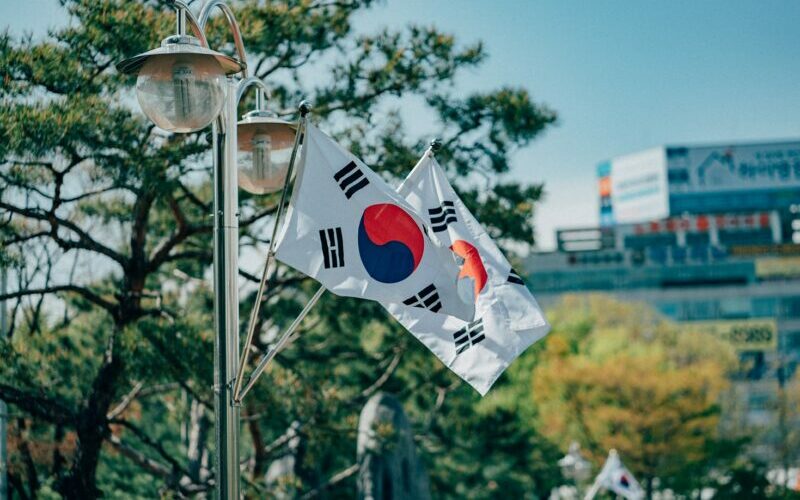South Korea is critical to Australias next minerals boom
September 27, 2021
Urgent cooperation between the Australian and South Korean governments to craft a cohesive trade framework for critical minerals is at the top of the agenda for Australian companies looking to take advantage of the critical minerals boom.
This is one of the key findings from the Critical Minerals Discussion Paper launched by the Australia Korea Business Council (AKBC), which aims to articulate the trade and economic potential of critical minerals for Australia and Korea.
Its a story of two nations with the opportunity to leverage one anothers strengths to deliver jobs, generate direct investment and manage economic and trade security well into the 21st century.
Just as importantly, as the world progressively decarbonises economies, industries and energy generation, both nations will be looking to capture the environmental benefits of critical minerals, which form the building blocks of renewable energy technologies.
As our discussion paper highlights, a stable and accessible supply chain of these minerals is unsurprisingly fast becoming a national priority for both countries.
The goal for Australia is to develop a mature and reliable upstream and downstream supply chains for these minerals.
We possess some of the largest known reserves of lithium, cobalt, manganese, tantalum, and zirconium in the world. Australia is the largest lithium producer in the world, providing just over half of global supply.
But instead of the traditional “dig and ship” approach, Australia must aim to become a “one-stop-shop” for these emerging and increasingly vital minerals.
What we need is a partner. And Korea is primed as a perfect candidate.
Koreas challenge is to diversify its critical minerals supply chains.
It has always relied on importing its energy, industrial, and manufacturing inputs to sustain its economy. This has created a dependence on imports from countries, including China and Japan, to supply its markets and companies, many of whom are leading global developers of batteries for energy storage and other industrial and tech applications.
Companies like LG, Samsung SDI and SKI are innovators in battery and renewable energy technologies and rely on critical minerals to produce these products. It is a priority for Korea to develop alternative supply chains with Australian companies and governments to ensure another pandemic or geopolitical event cannot fully disrupt Korean access to critical minerals.
This dynamic sets the scene for closer collaboration between our two countries.
Both the Korean and Australian governments have begun setting the policy conditions to make this future possible. And businesses from both countries, like POSCO and Pilbara Minerals, have already struck significant partnerships that lay the foundation for greater direct engagement between our private sectors.
The AKBCs Critical Minerals Discussion Paper provides colour and detail to this emerging opportunity. It also outlines the next steps to building its foundations, and the range of actions our governments, industries and business communities can take to accelerate the depth and breadth of this partnership.
You can access the full Discussion Paper here.
